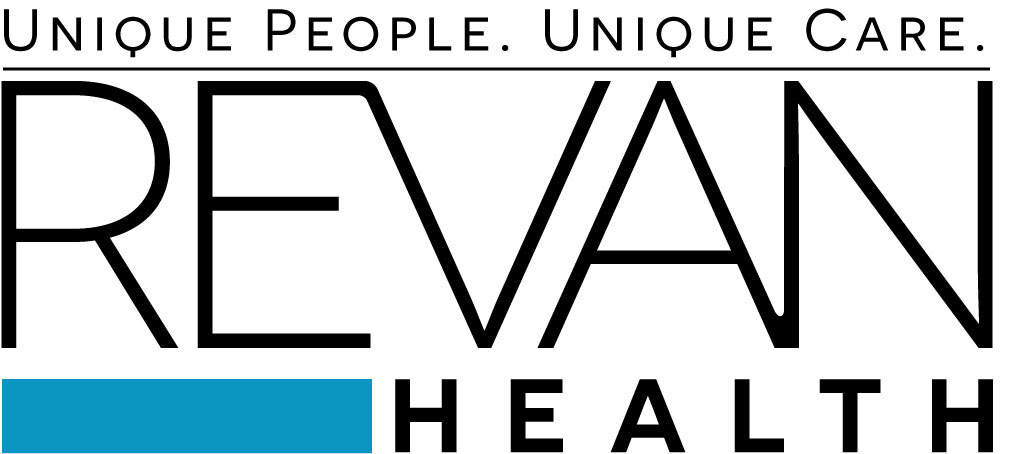Sight is one of our most precious senses, allowing us to experience the world in vibrant color and detail. Yet, most of us tend to take the health of our eyes for granted until something goes wrong.
Maintaining good eye health is crucial for preserving vision and preventing various eye conditions as we age. One way to support healthy eyes is through diet. The foods we eat can have an impact on our vision and overall eye health.
Foods That Support Healthy Eyes
1. Leafy green vegetables – Spinach, kale, and other leafy greens are packed with lutein and zeaxanthin, two powerful antioxidants that help protect the eyes from harmful light and reduce the risk of chronic eye diseases like cataracts and age-related macular degeneration (AMD). These vegetables also provide a good dose of vitamin C, which supports eye health.
2. Carrots and sweet potatoes – Rich in beta-carotene, a precursor to vitamin A, carrots and sweet potatoes are well-known for their role in supporting vision. Vitamin A is essential for maintaining the health of the retina and ensuring good night vision. Beta-carotene also helps reduce the risk of cataracts and other eye conditions.
3. Fatty fish – Salmon, mackerel, sardines, and other fatty fish are high in omega-3 fatty acids, particularly DHA (docosahexaenoic acid), which is important for retinal health. Omega-3s help prevent dry eyes, reduce inflammation, and may even lower the risk of AMD. Regular consumption of fatty fish can support the overall health of your eyes and vision.
4. Eggs – Eggs are a great source of lutein, zeaxanthin, vitamin E, and zinc, all of which contribute to eye health. Lutein and zeaxanthin help filter harmful blue light, while zinc aids in maintaining the health of the retina and may help prevent night blindness.
5. Citrus fruits and berries – Oranges, grapefruits, lemons, and berries are loaded with vitamin C, a key antioxidant that helps maintain the health of blood vessels in the eyes. Vitamin C also helps reduce the risk of cataracts and AMD by neutralizing free radicals that can damage the eyes.
6. Nuts and seeds – Almonds, walnuts, sunflower seeds, and flaxseeds are rich in vitamin E and omega-3 fatty acids. Vitamin E is an antioxidant that helps protect the eyes from damage caused by free radicals. It also plays a role in preventing cataracts and slowing the progression of AMD.
7. Whole grains – Whole grains like brown rice, quinoa, and oats have a low glycemic index, which helps reduce the risk of AMD by preventing spikes in blood sugar levels. They also contain zinc and vitamin E, both of which are beneficial for eye health.
8. Bell peppers – Bell peppers, especially the red and orange varieties, are high in vitamin C and beta-carotene, which help protect the eyes from oxidative damage. They also contain lutein and zeaxanthin, which contribute to overall eye health.
Tips for General Eye Health
While diet plays a crucial role in maintaining healthy eyes, there are other important practices to keep in mind.
Schedule yearly eye exams – Regular eye exams are essential for early detection of vision problems and eye diseases. Even if you don’t wear glasses or contact lenses, a yearly eye exam can help catch conditions like glaucoma, AMD, and diabetic retinopathy before they cause significant damage.
Wear sunglasses – You know too much sun is bad for your skin but did you know it’s also bad for your peepers? Prolonged exposure to ultraviolet (UV) rays can increase the risk of cataracts and other eye conditions. Wear sunglasses that block 100% of UVA and UVB rays whenever you’re outdoors and consider wearing a wide-brimmed hat for even more protection.
Take screen breaks – This is a tough one. We use our screens for seemingly everything now. But with the ever-increasing use of digital devices, eye strain has become a common issue. Do your best to follow the 20-20-20 rule: every 20 minutes, take a 20-second break and look at something 20 feet away. This practice helps reduce eye strain and prevents dry eyes.
Stay hydrated – Proper hydration is essential for maintaining the moisture balance in your eyes. Drink plenty of water throughout the day to keep your eyes hydrated and reduce the risk of dry eyes.
Don’t smoke – Smoking is a significant risk factor for a number of eye conditions, including AMD, cataracts, and optic nerve damage. Quitting smoking can significantly improve your overall eye health and reduce the risk of developing these conditions.
Get enough sleep – Adequate sleep is essential for eye health, as it allows your eyes to rest, repair, and recover from the day’s activities. Aim for 7-9 hours of quality sleep each night to keep your eyes healthy.
Keep chronic health conditions in check – Conditions like diabetes and hypertension can have a negative impact on eye health. Keep these conditions under control with the help of your healthcare provider and follow recommended treatments to prevent complications that could affect your vision.
Maintaining healthy eyes is a lifelong commitment that involves more than just eating the right foods. By prioritizing your eye health today, you can help ensure clear vision and reduce the risk of eye conditions in the future. Remember, your eyes are your window to the world so take good care of them!
Revan Health provides welcoming, respectful family medicine for all from infants to geriatrics. We understand the pain and frustration that comes with not feeling heard by your family care provider. We believe access to respectful care is key to improving medicine adherence and overall life satisfaction for our patients. Like us on Facebook or visit us at revanhealth.com.

